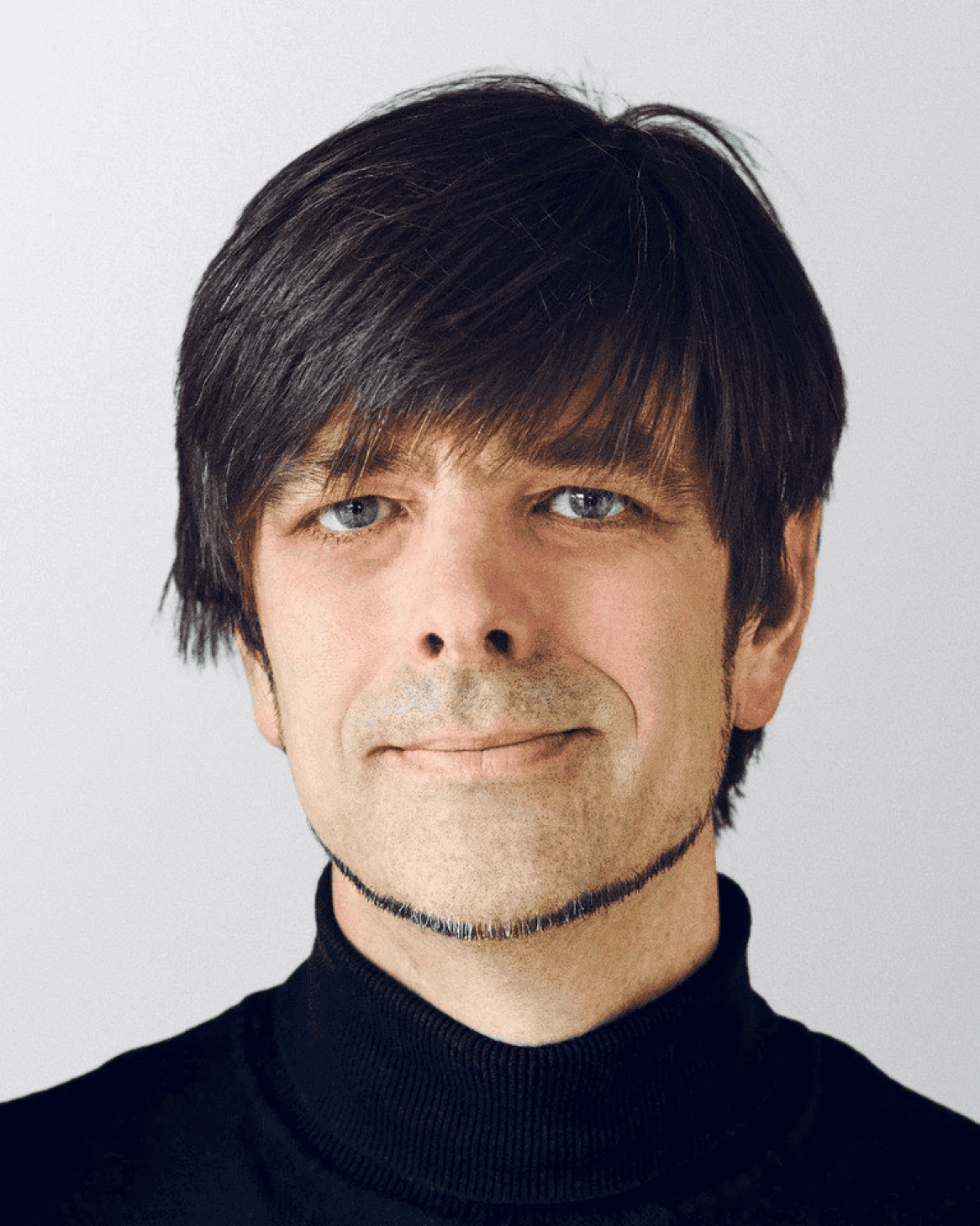Keynote Lecture: Matthias Bethge
Neural Pathways to Alternative Realities
 Matthias Bethge, University of Tübingen
Matthias Bethge, University of Tübingen
Professor for Computational Neuroscience and Machine Learning
Director, Tübingen AI Center
Demarcating cognitive abilities of brains from machines has become increasingly challenging with generative pretrained transformers. Simple auto-regressive training of large language models facilitates knowledge accumulation at super-human scale, robust dialogue retrieval that copes with the variability and ambiguity of informal language, and complex behavioral planning in open-ended conditions. Similar technology is now used to additionally integrate visual, auditory and other data into multi-modal foundation models. This raises questions for cognitive computational neuroscience: What are the differences between brains and machines that we should focus on? And what are effective means to evaluate them? I will first provide a review on some of these discrepancies that have been studied in the past. Subsequently, I will draw attention to the brain’s dynamic construction of reality as an intriguing pivot of lifelong information integration at various time scales under epistemic uncertainty. This process is strikingly different from knowledge accumulation in generative pretrained transformers and raises fundamental questions about the interplay of neural representations and learning algorithms.